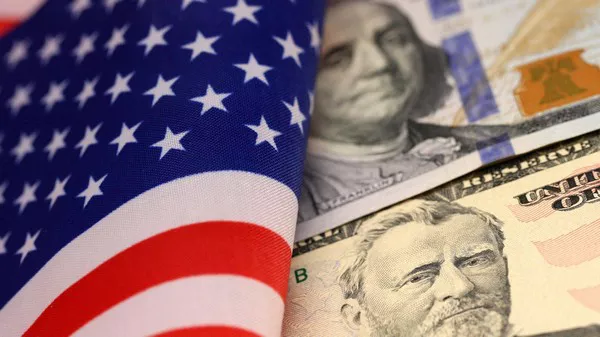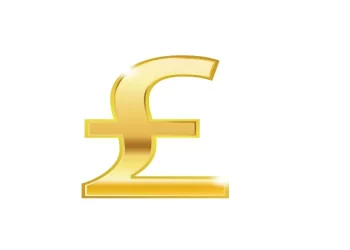In an era of economic uncertainties, the topic of the dollar‘s stability holds significant weight. With inflation rates soaring and global economic landscapes evolving, understanding the potential consequences of a dollar collapse on personal debt is essential. This comprehensive article will delve into the various facets of this intricate subject, providing valuable insights for individuals navigating their financial future.
Understanding the Dollar Collapse
The Dollar’s Vulnerability:
The U.S. dollar has long been considered a symbol of economic stability worldwide. However, factors such as excessive government spending, mounting national debt, and fluctuating interest rates have raised concerns about its sustainability.
Global Implications:
A dollar collapse wouldn’t merely affect the United States; its repercussions would reverberate worldwide. International trade, foreign exchange reserves, and investments would all experience seismic shifts.
Impact on Personal Debt
1. Debt Burden Amplification:
As the dollar weakens, the real value of outstanding debts may diminish. This might seem like a boon for borrowers, but it comes with a caveat. Interest rates tend to rise during times of economic turmoil, which could offset any potential savings.
2. Mortgages and Loans:
For those with mortgages and loans denominated in dollars, a collapse might initially reduce the real value of their debt. However, this could change rapidly if interest rates surge, making repayments more expensive.
3. Credit Card Balances:
High-interest credit card balances could become particularly burdensome as the dollar weakens. It’s crucial for individuals to pay down their credit card debt to avoid compounding interest costs.
Preparing for a Dollar Collapse
1. Diversify Investments:
To mitigate the risks associated with a falling dollar, consider diversifying your investment portfolio. Allocate assets to commodities, foreign currencies, and assets that tend to appreciate during economic downturns.
2. Pay Down Debts:
Reducing high-interest debts before a collapse is a prudent strategy. It ensures that you won‘t be at the mercy of rising interest rates when the dollar weakens further.
3. Emergency Fund:
Building a robust emergency fund in a stable currency or assets can provide a financial safety net during turbulent times.
4. Consider Precious Metals:
Historically, precious metals like gold and silver have served as hedges against currency devaluation. Including them in your investment portfolio may provide some protection.
Potential Government Responses
1. Monetary Policy:
Central banks may implement monetary policies, such as quantitative easing, to stabilize the economy. This can influence interest rates and inflation levels, directly impacting personal debt.
2. Currency Interventions:
Governments might intervene in the foreign exchange market to bolster the dollar’s value. Such actions can have implications for international trade and investments.
3. Fiscal Stimulus:
In response to a dollar collapse, governments may enact fiscal stimulus packages to boost economic growth. This could lead to higher inflation, which, in turn, affects personal finances.
The Role of Inflation
1. Inflationary Pressures:
A collapsing dollar is often accompanied by rising inflation. This can erode the purchasing power of your savings and impact your ability to repay debts.
2. Inflation-Adjusted Income:
It’s essential to consider how your income stacks up against inflation. Negotiating for inflation-adjusted salaries can help you stay ahead of rising living costs.
3. Investment Strategy:
When planning your investment strategy, take into account the potential for inflation and seek assets that can outpace it.
Seek Professional Guidance
Financial Advisor Consultation:
In times of economic uncertainty, consulting a financial advisor is a prudent step. They can assess your unique financial situation and recommend tailored strategies to protect your assets and manage your debt.
In conclusion, the impact of a dollar collapse on personal debt is a multifaceted issue that demands careful consideration. While some may see initial relief in diminished debt values, the potential consequences of rising interest rates and inflation must not be underestimated. Being proactive, diversifying investments, and seeking professional advice can help individuals navigate these turbulent financial waters and secure their economic future. Stay informed, stay prepared, and stay financially resilient in an ever-changing economic landscape.
Related Topics:
Understanding the USD Buying Rate: A Comprehensive Guide
Unlocking the Secrets of USD/CAD: A Comprehensive Guide
What is USD/CHF? A Comprehensive Guide to Currency Pair



























